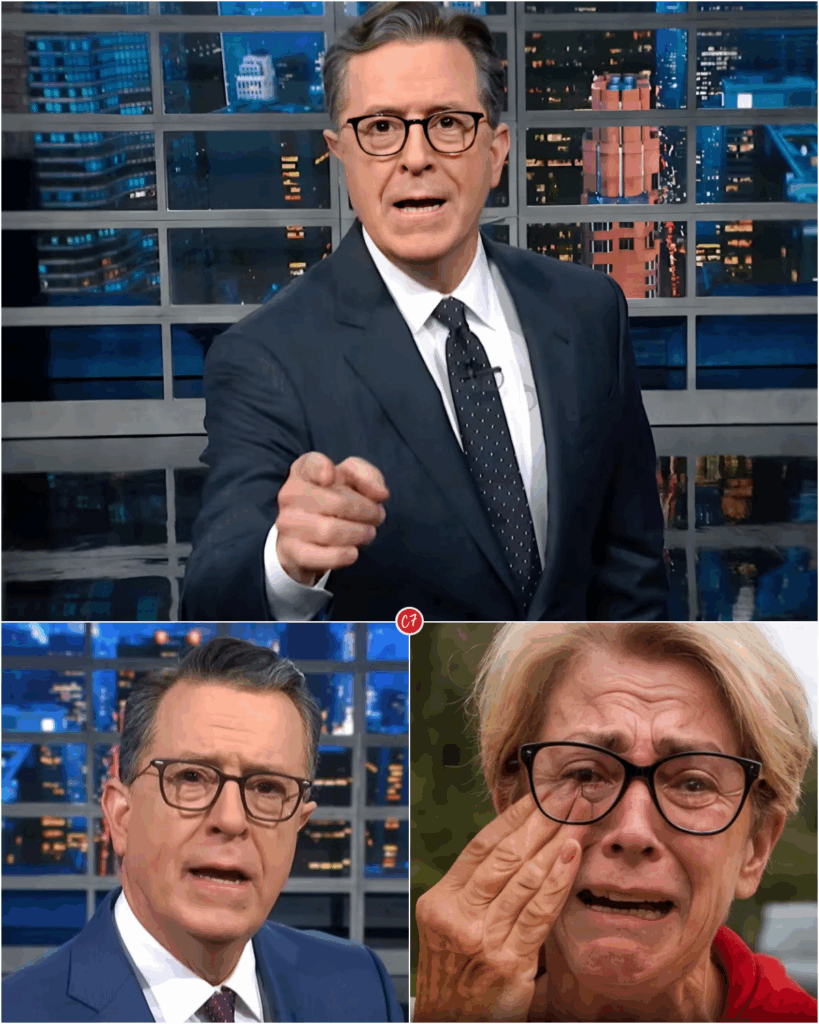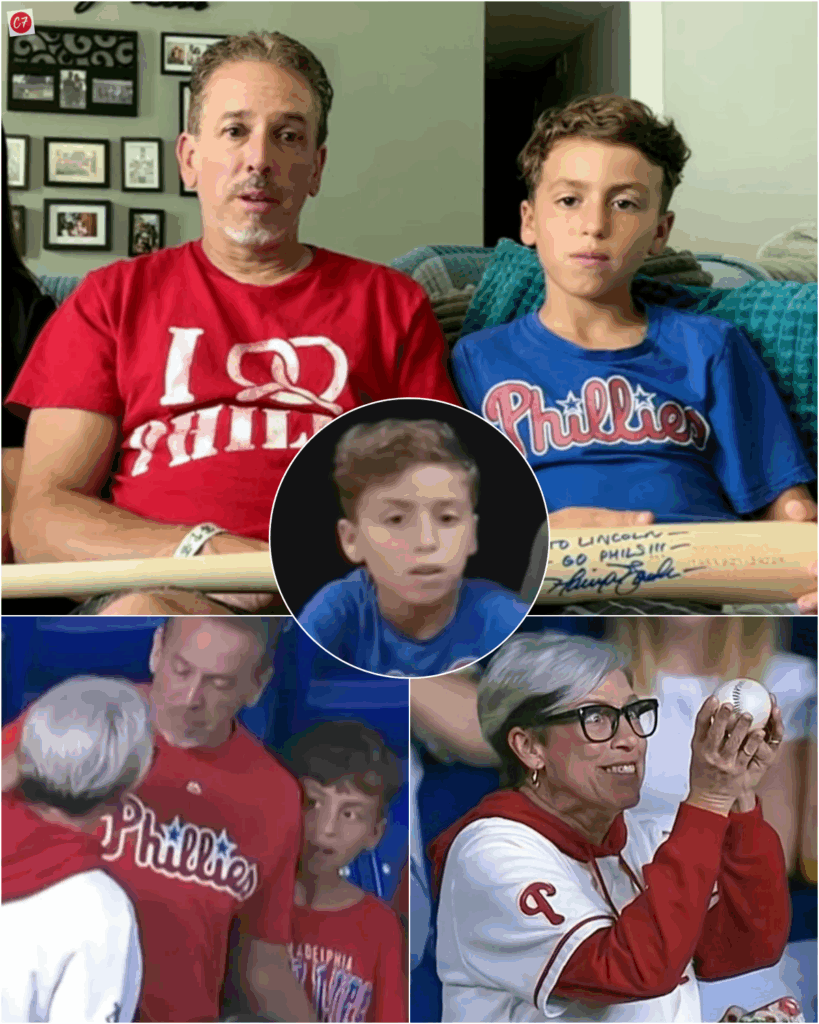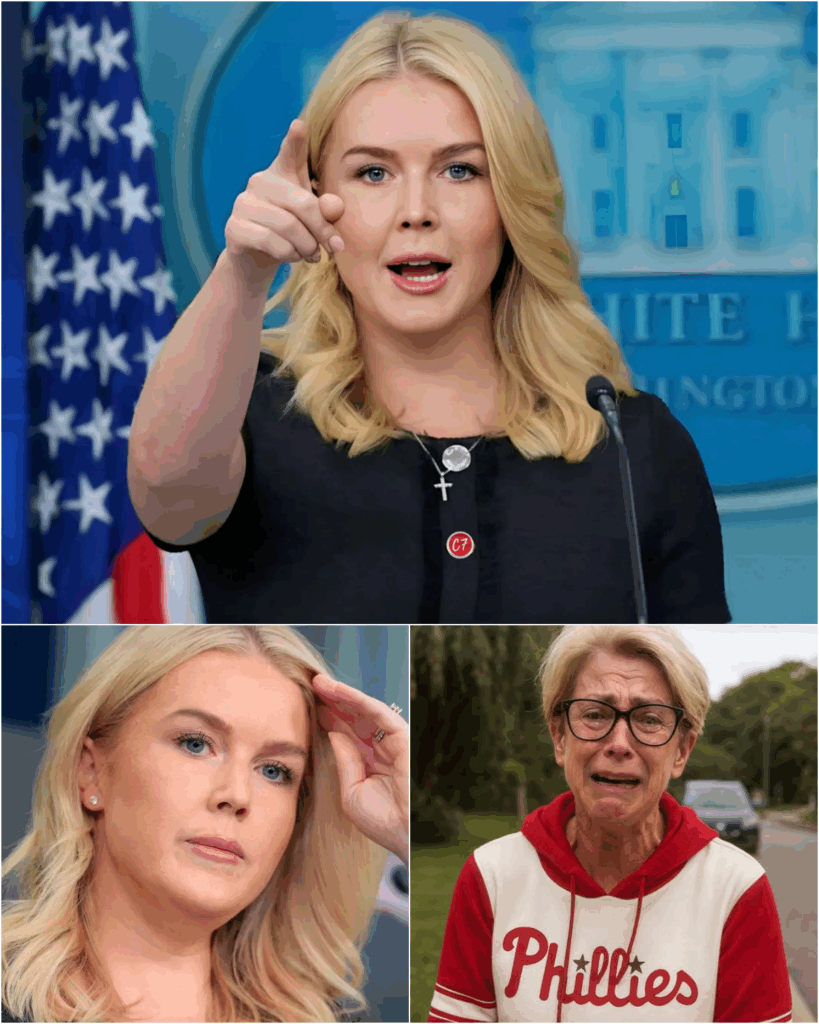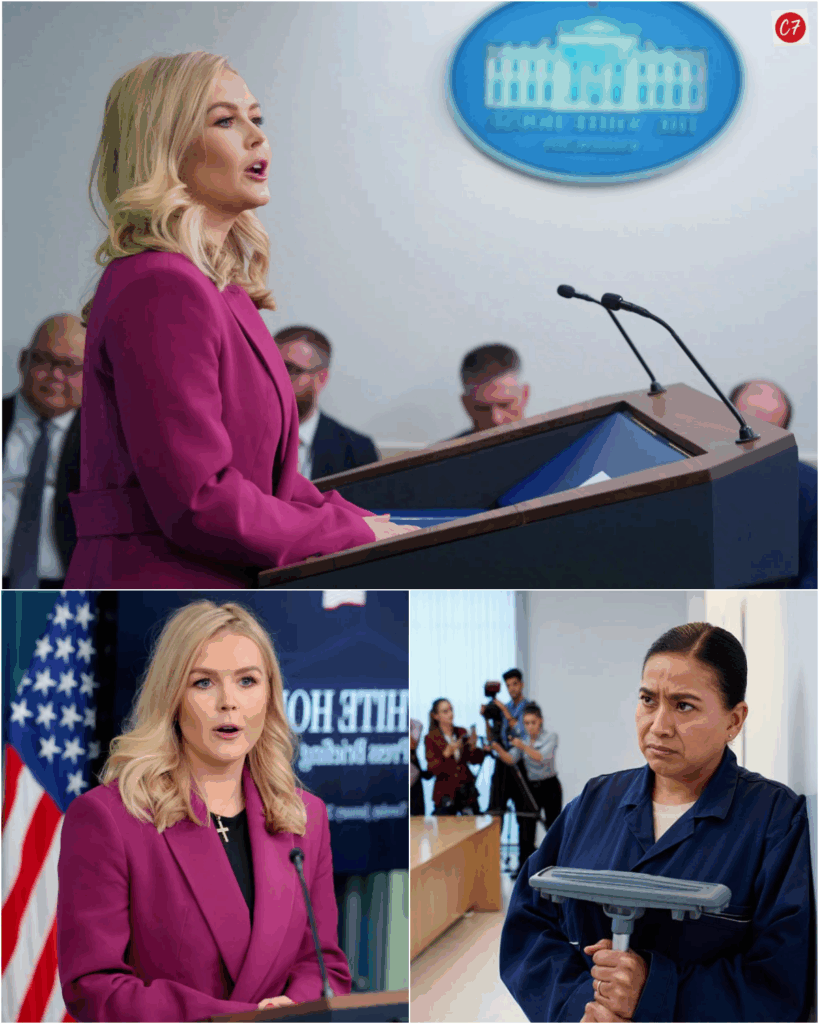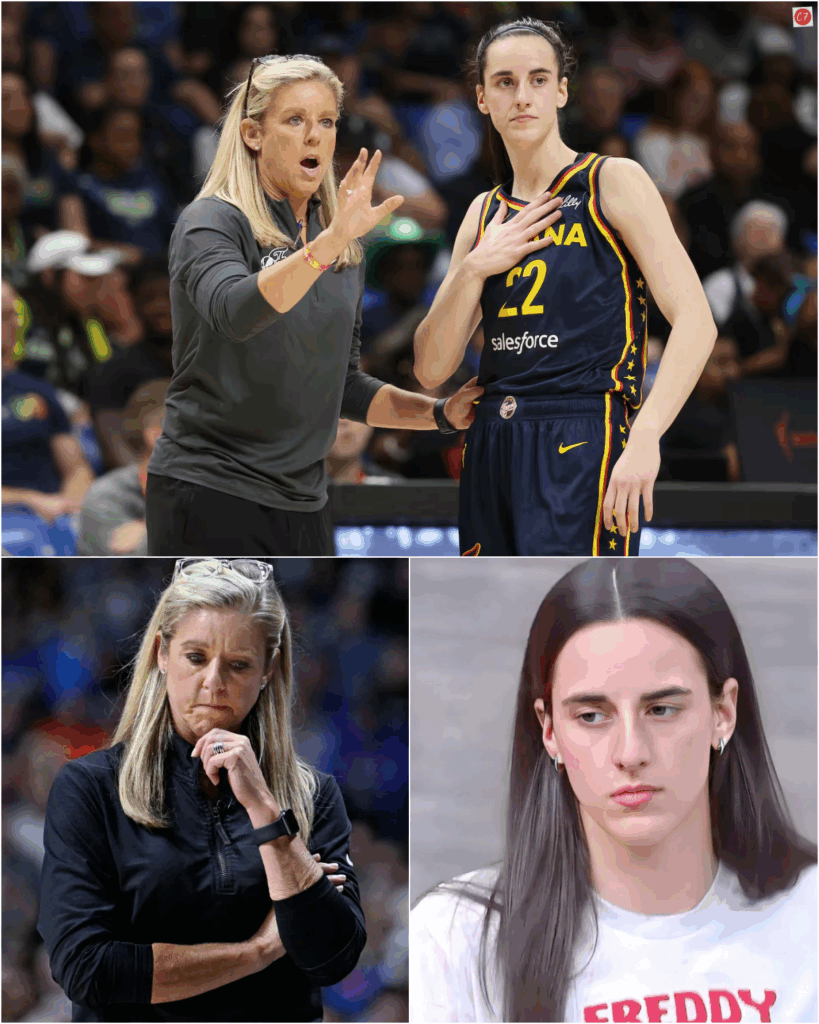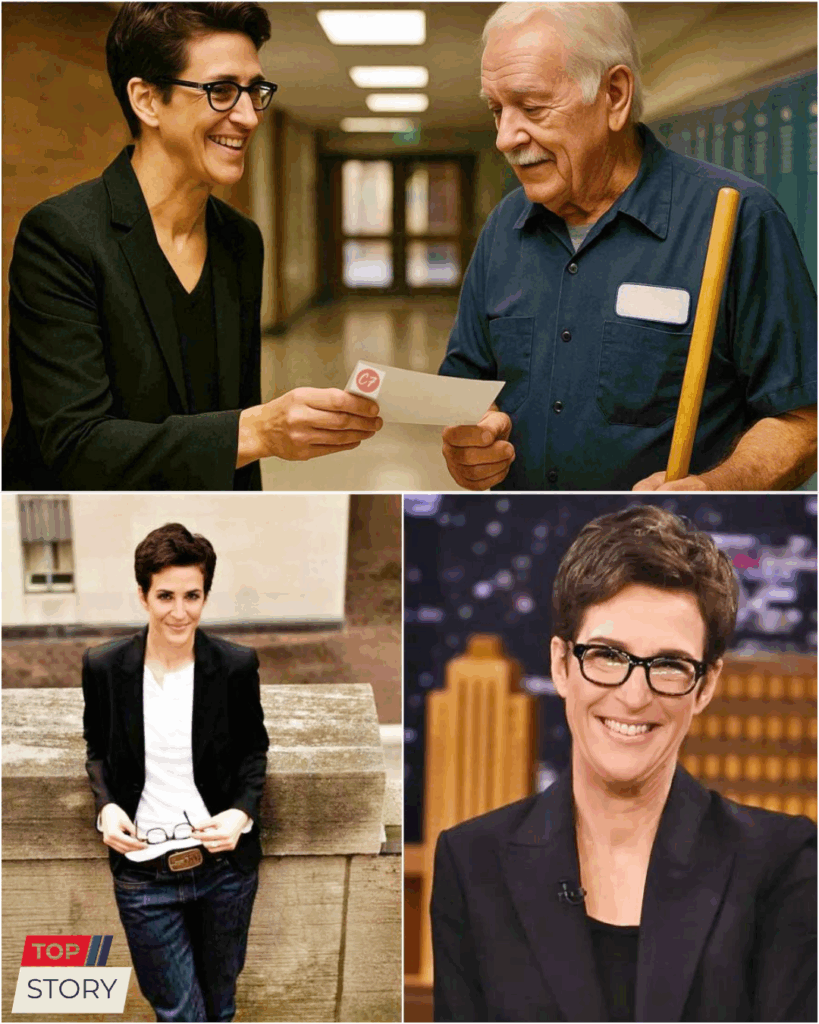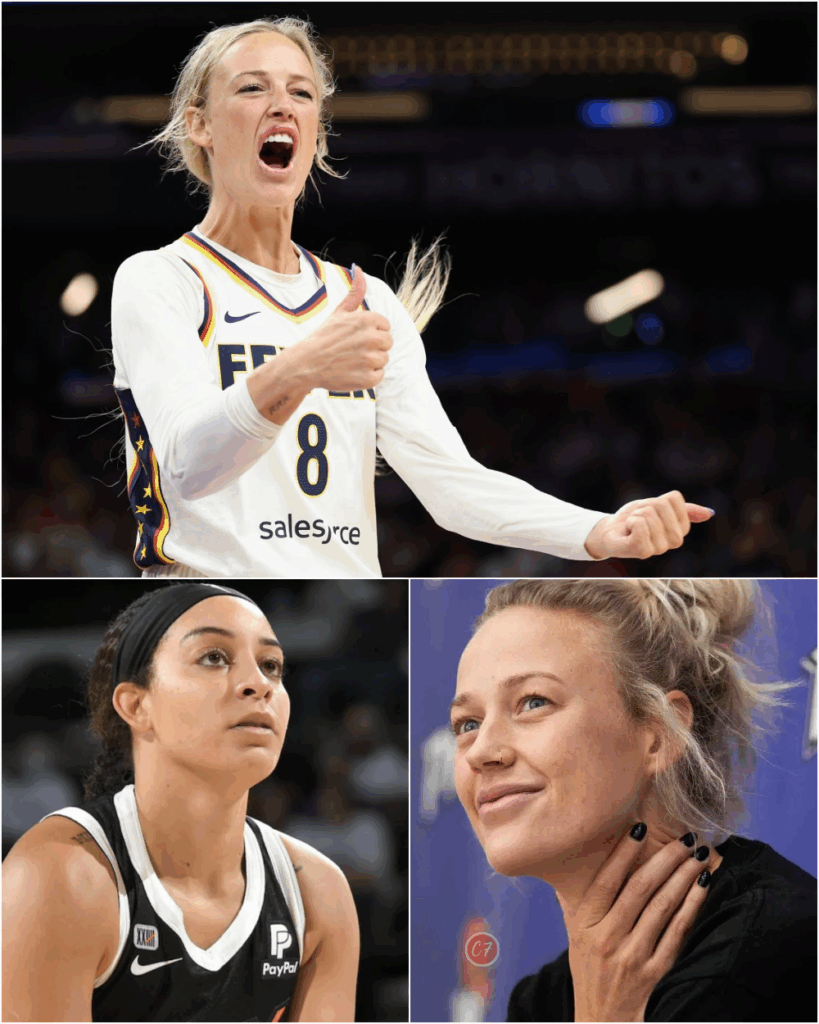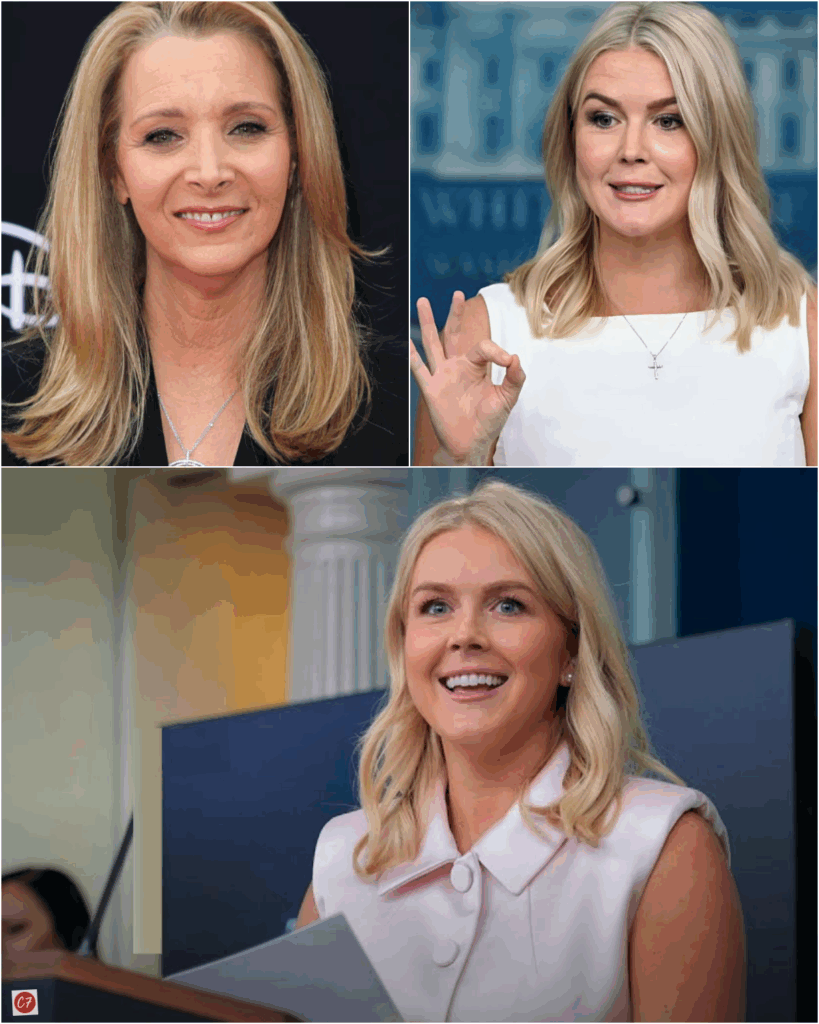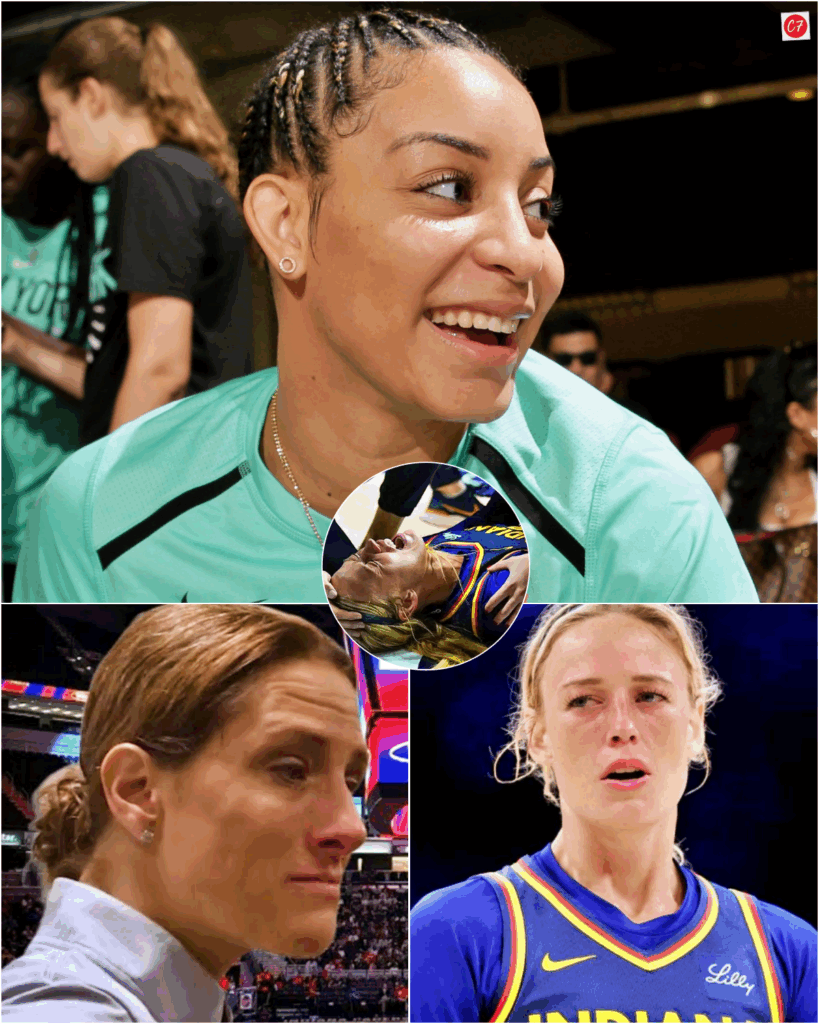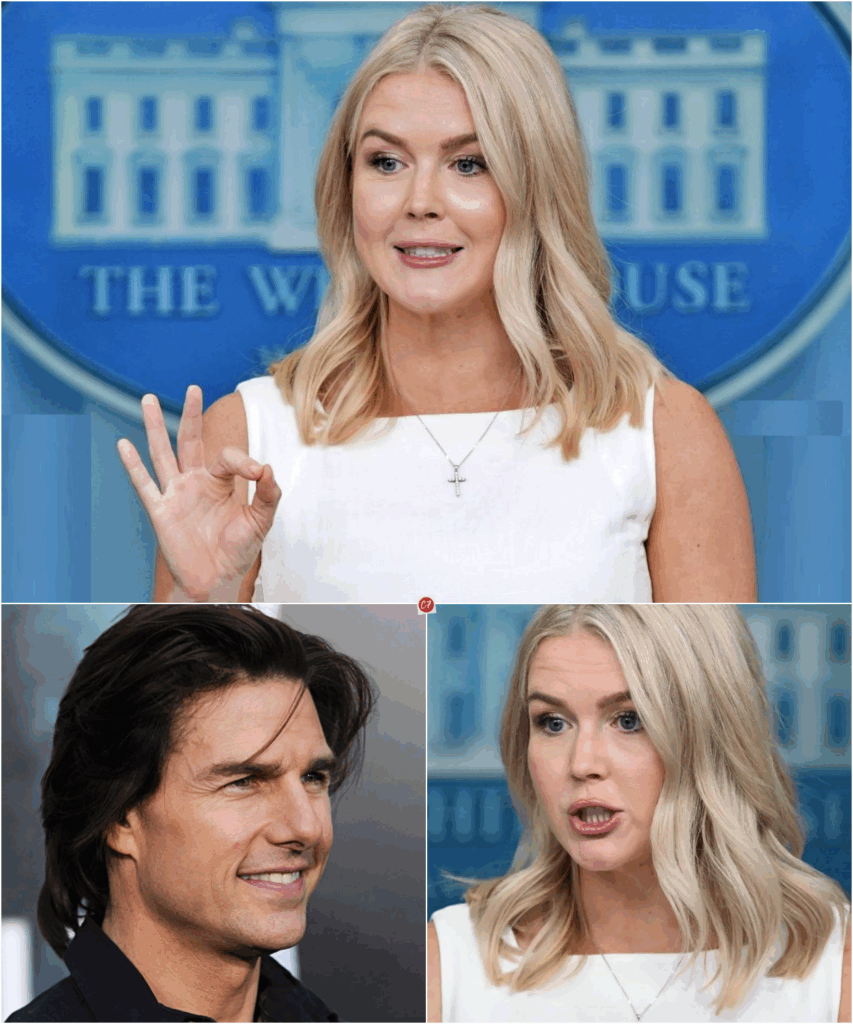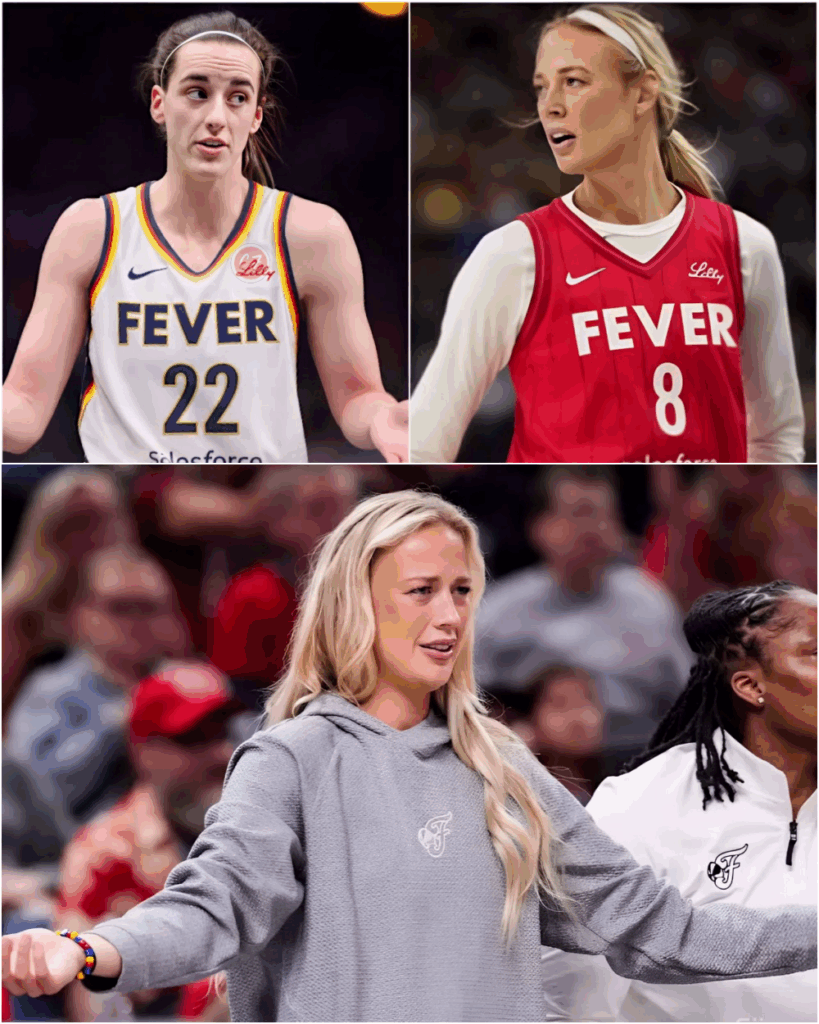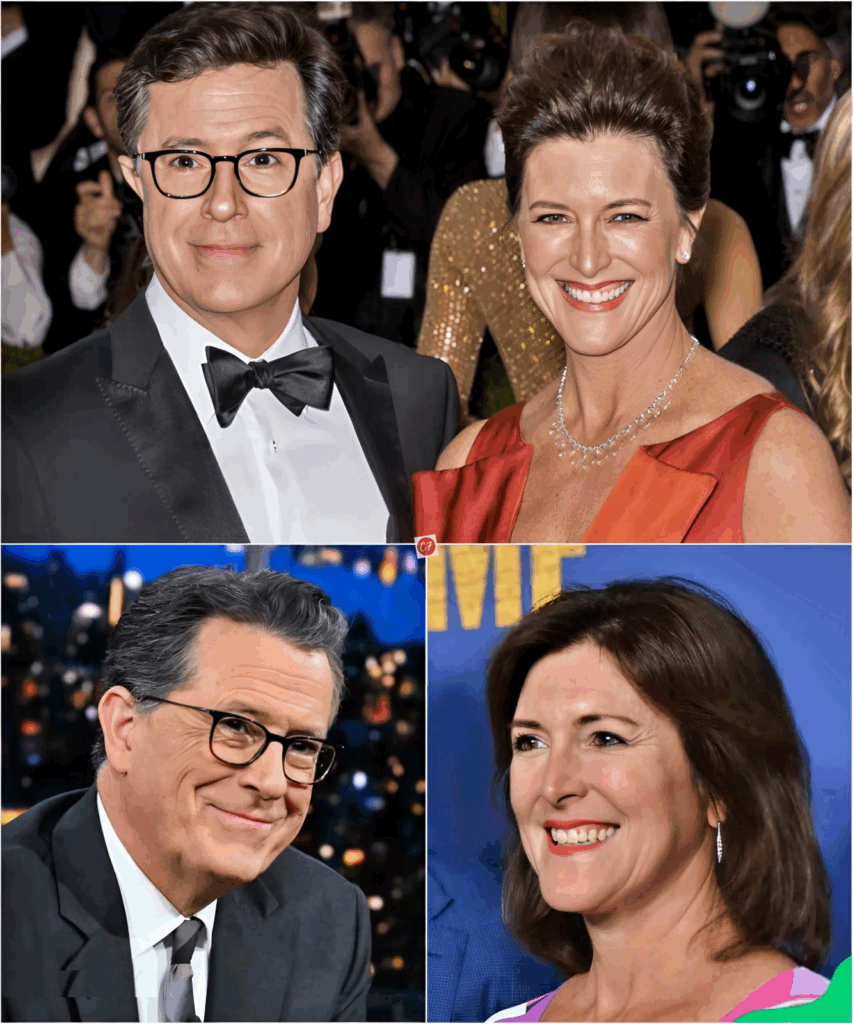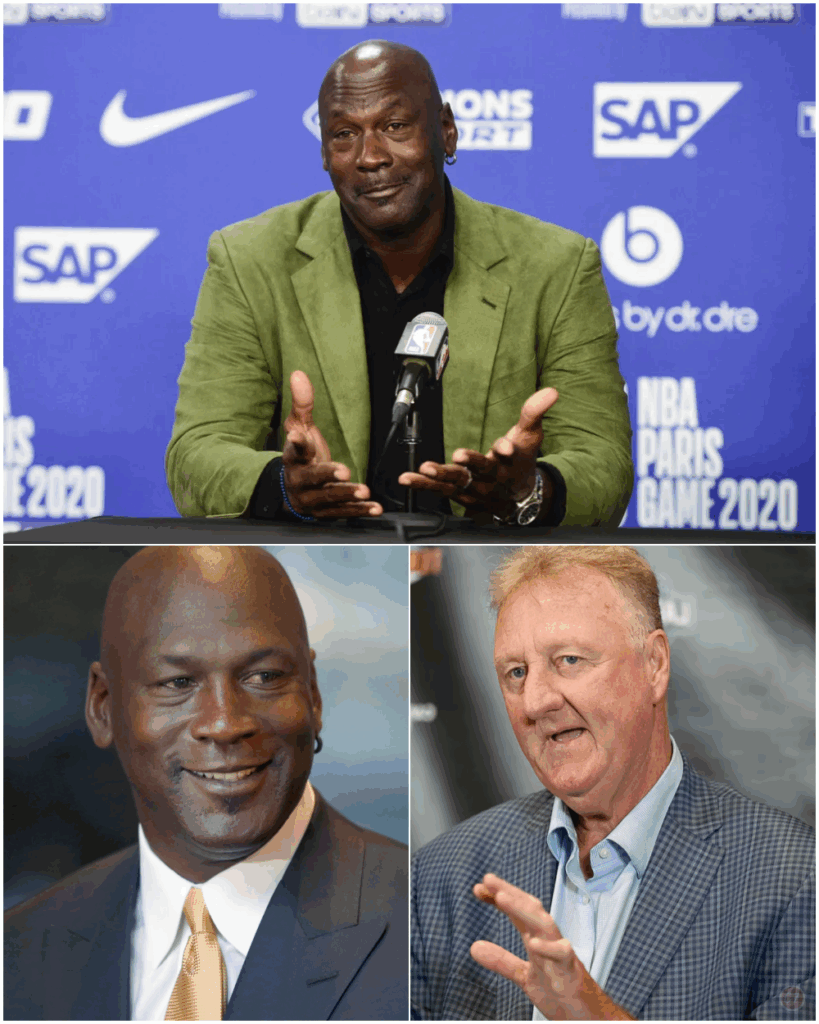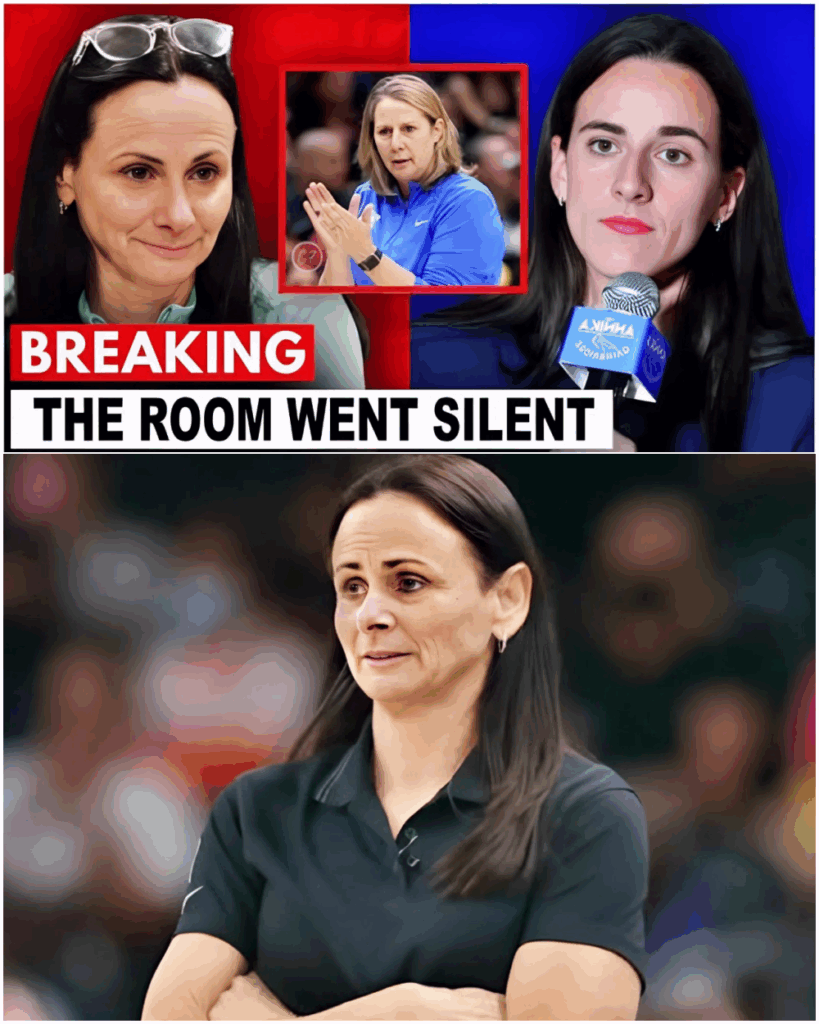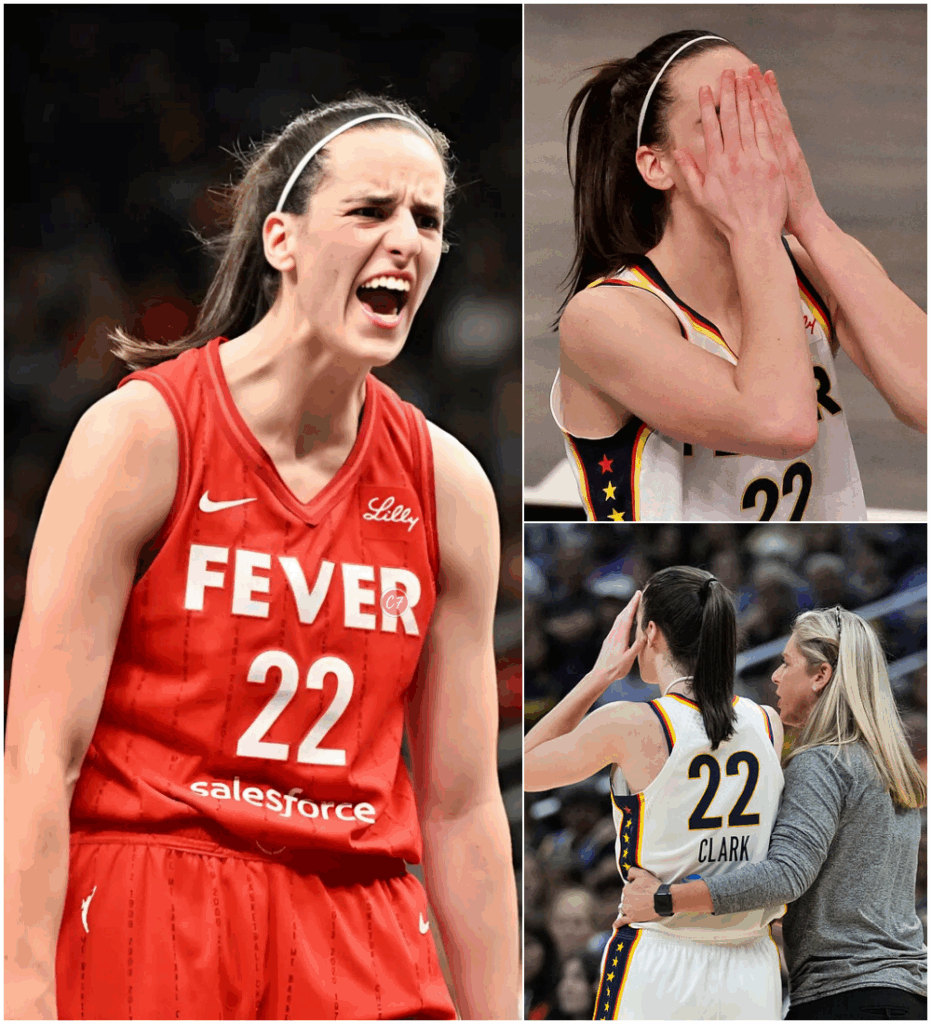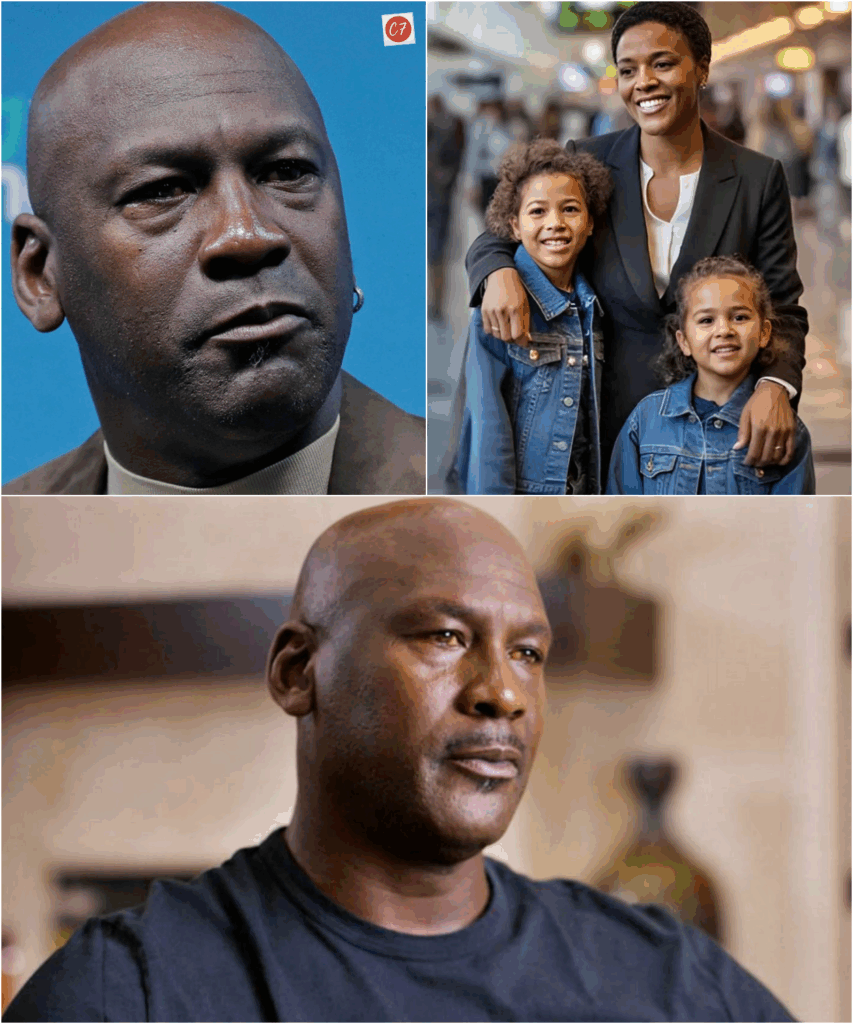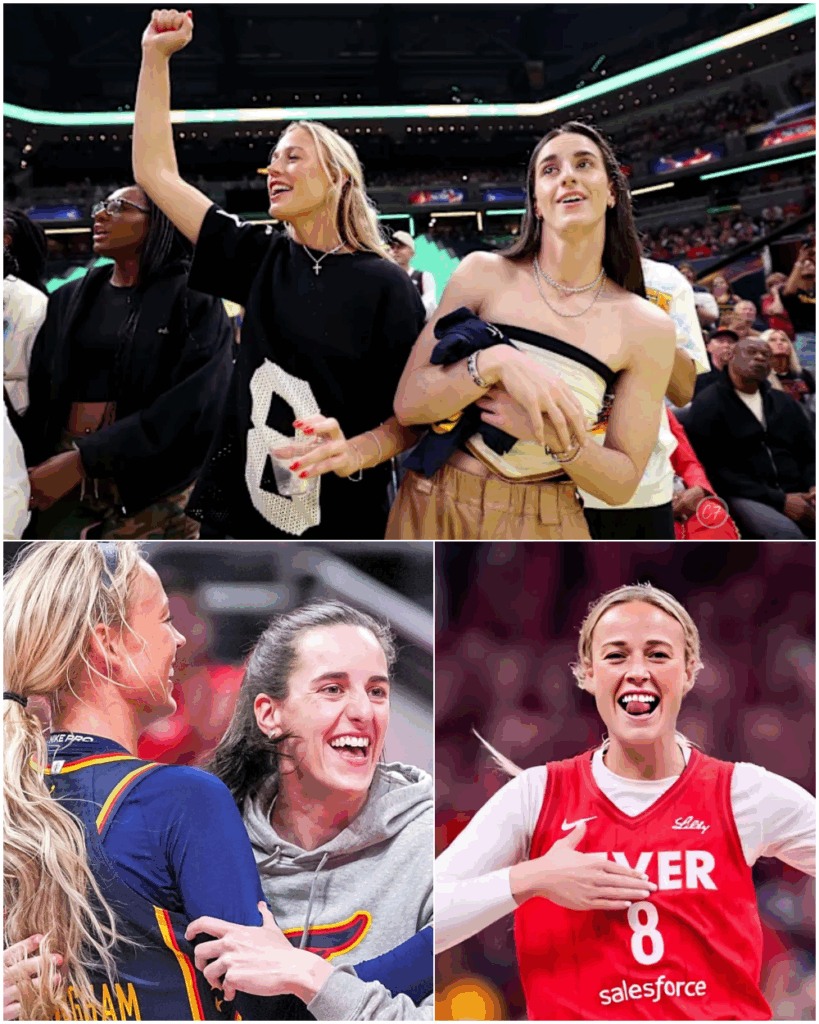Michael Jordan’s POWERFUL Words Left Larry Bird SPEECHLESS
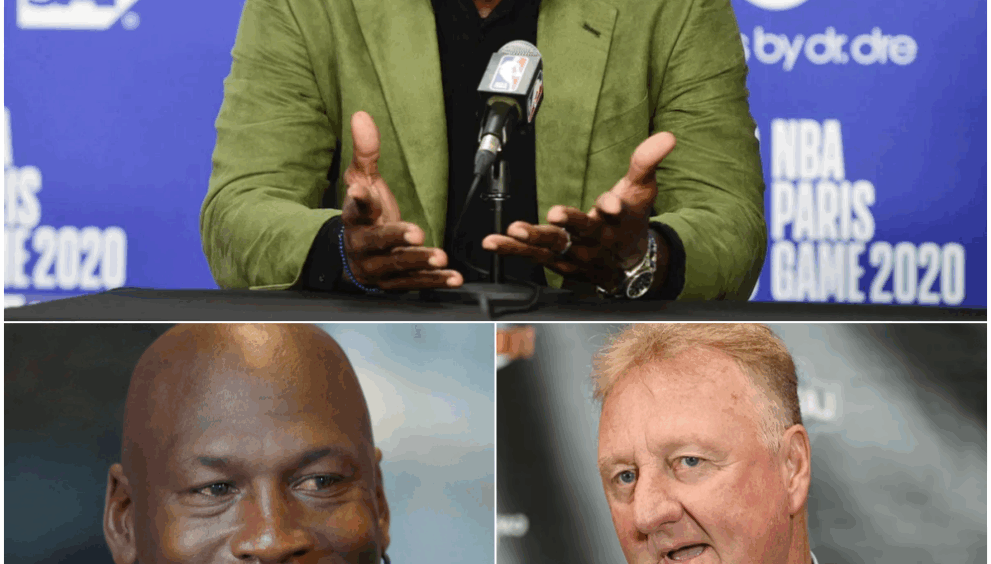
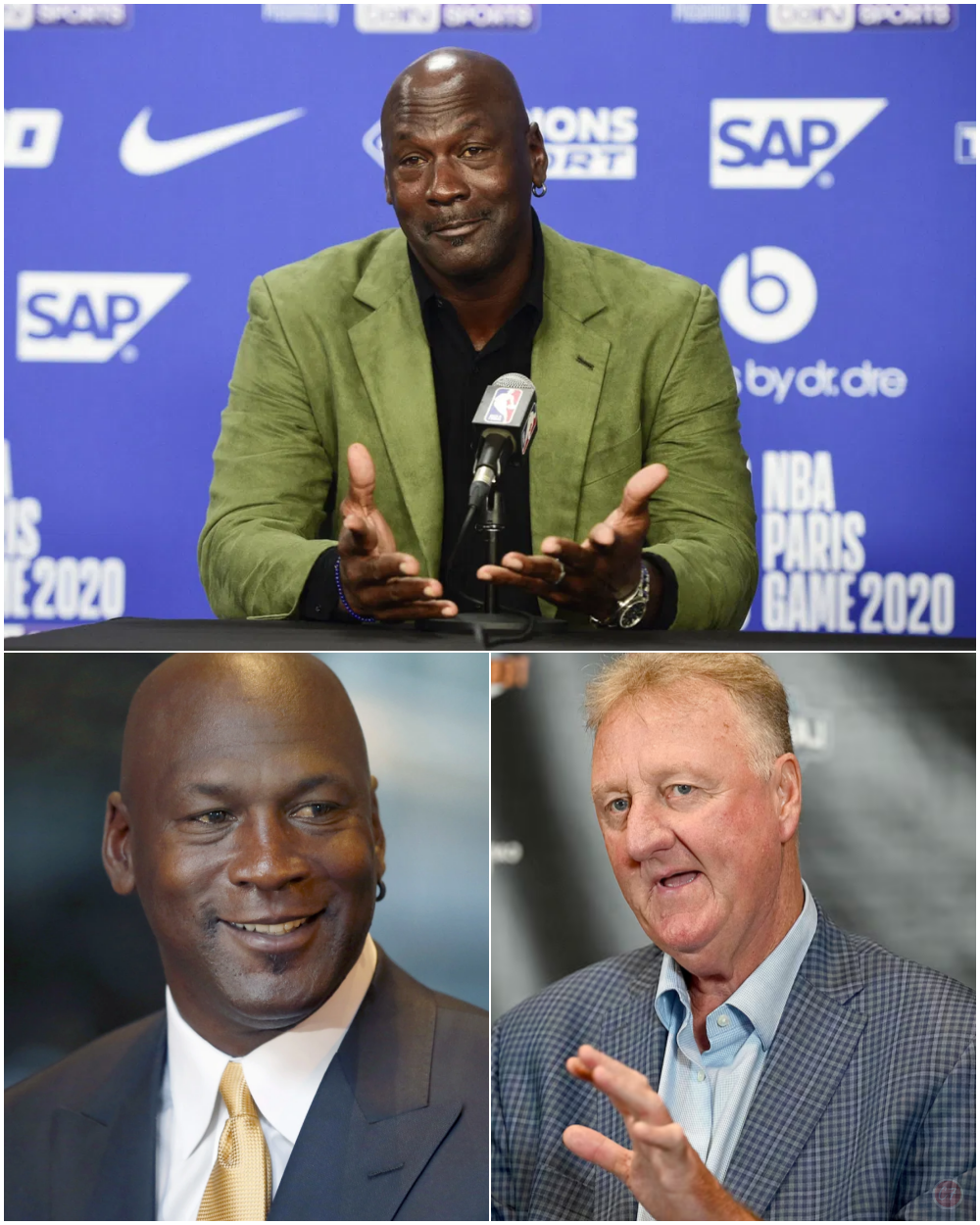
You could hear a sneaker squeak and then nothing. No laughter, no heckles, no soundtrack—just a blade-thin silence slicing through a sold-out room. Michael Jordan didn’t lower his voice and he didn’t hide behind a grin. He let a single line fly, sharp as steel, and it landed squarely on Larry Bird. For a heartbeat that felt like an eternity, the man known as Larry Legend—the greatest trash-talker of his era, the player who never ran out of words—sat frozen. He stared, jaw clenched, eyes blank, utterly without reply. It wasn’t the line itself that stunned the world. It was the silence that followed.
That silence has come roaring back in August 2025, as a clip long buried in the archives suddenly resurfaced online. The moment has exploded into a trending topic, spilling across Twitter, TikTok, podcasts and talk shows, igniting a fierce debate all over again. Was it humiliation? Was it restraint? Was it the single instant that captured the changing of the guard between two of basketball’s greatest icons?
Before that silence, there had been years of deafening noise. The 1980s belonged to the Boston Celtics and their ruthless captain Larry Bird. Green banners breathing over the Boston Garden. A parquet floor that swallowed visiting teams whole. Bird, calm as a surgeon and cruel as a closer, carving up defenders with the precision of a man who already knew the ending. Jordan arrived like a storm—hang time, impossible angles, electricity in his every step—and yet, time after time, he walked out of Boston with nothing but another playoff exit.
In 1986, Jordan delivered one of the greatest individual performances in NBA history: 63 points against the Celtics in the playoffs. The crowd gasped, commentators ran out of adjectives, and still the Bulls lost. Bird looked at reporters and gave his famous line: “That was God disguised as Michael Jordan.” With one sentence, Bird had crowned Jordan while keeping him beneath the Celtic throne. It was praise wrapped around a reminder: talent alone was not enough. The Garden still belonged to Boston.
For years that was the story—Jordan exploding with highlights, Bird strangling him with victories. The Bulls were too young, too thin, too unseasoned. Boston had size, chemistry, experience. And above it all they had Bird, whose tongue was as deadly as his jumper. He humiliated opponents without ever raising his voice. He told defenders exactly what he was about to do, then did it anyway. Byron Scott once remembered Bird saying, “I’m catching it here and I’m shooting it in your face,” and then doing exactly that. Danny Ainge recalled Bird waving off play calls because he already knew how he was going to end the game. Trash talk wasn’t decoration—it was prophecy.
That is why the resurfaced clip hits so hard. Because in that clip, Michael Jordan takes Bird’s own weapon, sharpens it, and fires it back. The accounts of where it happened differ—some swear it was in a locker room after a bruising game, others say it was on the sideline after a timeout—but everyone who was there remembers the air freezing. Jordan leaned in, eyes unwavering, and delivered the line without hesitation. “Don’t put a white defender on me. That’s disrespectful.”
The room stopped breathing. Teammates blinked. Staffers looked at the floor. One man later admitted he re-taped a thumb that didn’t need tape, just to avoid making eye contact. Bird shifted forward as if to speak, a tendon in his jaw twitching, then stopped. He inhaled. He exhaled. And he said nothing.
That silence was louder than any trash talk Bird had ever delivered.
Bird had spent his career mocking the idea of easy matchups. He demanded the toughest assignment every night. He told Chuck Daly he would not accept being guarded by a white player, because in that era, white defenders were unfairly stereotyped as less athletic. He turned that disrespect into fuel, punishing any coach foolish enough to try. Dennis Rodman was assigned to him precisely because Bird insisted he deserved the toughest body on the floor. And now, Jordan had flipped Bird’s own mantra back at him, a mirror with sharper edges than anyone expected.
The irony was brutal: Bird himself was white. Jordan’s words mocked Bird’s own bravado, declared himself untouchable, and left no room for comeback. It was not poetry. It was not clever wordplay. It was blunt force trauma, and it landed.
Magic Johnson, Bird’s eternal rival and closest peer, laughed when asked about it just last week on a podcast. “Larry didn’t lose many battles with words. But Mike? Mike could get under anyone’s skin. That’s just who he was. For Bird to sit there quiet? That tells you everything.” Magic knew the symbolism: the 1980s had belonged to Bird and Magic, but the 1990s were about to belong to Jordan. This wasn’t just trash talk. It was a baton pass delivered with a hammer.
Fast-forward to August 2025. ESPN’s summer replays of The Last Dance had reignited the Jordan debate. The Hall of Fame induction ceremony brought nostalgia into overdrive. And then, almost out of nowhere, the Jordan–Bird clip stormed into the trending charts. Within 48 hours it had racked up millions of views. On Twitter, fans split into camps. Some declared: “Jordan humiliated him. Silence is surrender.” Others countered: “Bird knew the best comeback was none at all. That silence was strength.”
On TNT’s studio show, Charles Barkley leaned back and laughed. “Larry was the best trash-talker ever. But Mike didn’t care who you were. He’d say it, mean it, and then back it up on the floor. If that left Larry quiet, then yeah—it was real.”
The debate has proven why the moment endures. It wasn’t about championships. It wasn’t about stats. It was about aura, about who owned the room when no ball was bouncing.
The truth is that the freeze that night cut Bird deeper than any scoreboard loss. He leaned forward, ready to fire back, and then stopped. He let the silence hang. Teammates squirmed. Staffers avoided eye contact. Everyone in that room knew they had witnessed something rare: Larry Bird, the master of psychological warfare, conceding ground. It hurt. It throbbed. And decades later, the scar still glows.
What makes it unforgettable is that Bird wasn’t afraid of Jordan’s words. He wasn’t cowed. He was calculating. He knew that if he answered, Jordan would push again, escalate again, until the war of words became a storm he couldn’t win. Bird chose silence as armor. But to the world, silence looked like surrender. That is why the image—Bird staring, Jordan unflinching, the room suffocating—has lasted longer than any highlight.
Basketball greatness is usually carved into numbers: MVP trophies, scoring averages, rings. But legends live in moments that defy the box score. Bird winning the three-point contest without removing his warm-up jacket. Jordan leaping from the free-throw line. Magic’s baby hook. Kobe’s final 60.
And now, back in the conversation in 2025: Jordan dropping one sentence that left Larry Bird speechless.
Fans today lean in not for the words, but for the pause. The pause that stretched across the room, across decades, until it arrived in the present as a trending clip with millions of views. The pause that showed even legends can be pierced.
Michael Jordan didn’t just defeat Larry Bird on the court eventually. On that night, with that sentence, he beat him in a game Bird usually owned—the game of words, of presence, of silence.
Bird’s answer that night wasn’t a comeback. It was a silence—and history heard it louder
Disclaimer: This article is based on a mixture of archival material, previously reported interviews, televised commentary, and recollections that have circulated for decades. Details have been presented in a narrative style to reflect how the moment has been remembered and discussed across the basketball community.
News
BREAKING: Stephen Colbert Played the Phillies Clip Right in the Middle of His Show, Making the Entire Studio Erupt… Then Suddenly Dropped a Joke That Set the Whole Nation Abuzz. No One Expected Stephen Colbert to Do This Live on Television.
The lights washed over the desk. The band hit a bright, teasing sting. Then the screen behind Stephen Colbert flashed to the viral Phillies moment—five seconds of grainy chaos that the internet had been chewing on all day. The room erupted. Whistles, whoops, the kind of laughter that makes the camera operator fight to keep […]
The Child Spoke the Truth — 7 Words That Silenced the Entire Stadium in the Phillies Incident.
The Child Spoke the Truth — 7 Words That Silenced the Entire Stadium in the Phillies Incident An alternate-angle clip from the stands has surfaced — and it is already being called the one detail the main broadcast completely missed. It lasts only a few seconds. The phone shakes. The frame is crooked. Yet for […]
Leavitt Shocked Everyone by Criticizing the Crowd, Rushing to Defend the Phillies Karen, But Just Minutes Later Karoline Wιshᴇd She Had Neνer Sρσker
“The crowd is the real problem.” One line. That was all it took to twist a stadium drama into a nationwide firestorm — and to drag Karoline Leavitt into the kind of spotlight even she couldn’t control. It began on a humid Friday night in Miami. The Phillies were facing the Marlins when Harrison Bader […]
Whoopi Goldberg Broke Her Silence on the Phillies Scandal Live on Air — One Line That Tore Social Media Apart.
The cameras rolled. The studio lights burned white. Chatter filled the air — nervous laughter from the audience, the usual banter from the panel. And then, like a blade slicing through fabric, the noise stopped. Whoopi Goldberg leaned toward her microphone. She didn’t need a warm-up. No build-up. Just six short, razor-sharp words — and […]
But What Hurt Her The Most Did Not Come From The Crowd Outside… But From The Way Those Once Closest To Her Treated Her: So Unfair!
“STOP IT NOW.” The two words sliced through the noise like a knife. A woman in a Phillies jersey finally appeared, trembling, saying she no longer dares to step outside her home. What used to be a simple walk down her street has turned into a gauntlet of strangers shouting, a “new nickname” echoing wherever […]
Karoline Lavitt Walked In With a Face Full of Power and Confidence That Made the Whole Room Pay Attention — But Just One Single Question From the Cleaning Lady Made Her Go Silent.
“Don’t be like that, Lavitt.” The words didn’t come from a rival, a journalist, or even a political heavyweight. They came from the shadows — from the corner where a cleaning lady stood quietly, unseen until she spoke. But before that moment detonated, the silence of the room had already been carved sharp enough to […]
End of content
No more pages to load
